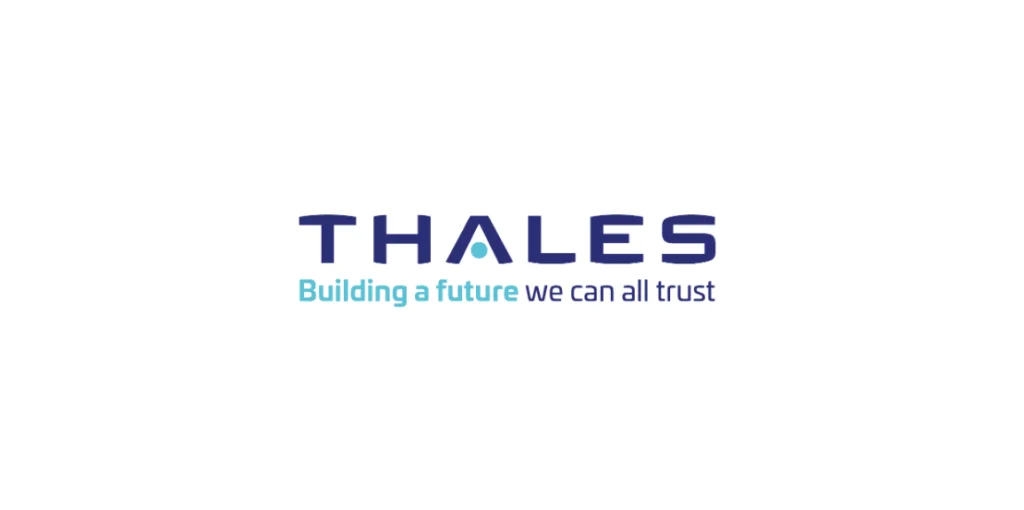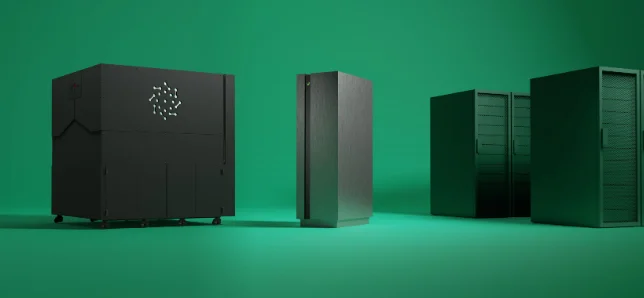Insider Brief
- Alice & Bob, supported by France’s defense innovation agency AID, has received the new SQUID-6 UHV quantum chip fabrication system from PLASSYS-BESTEK as part of the ULTRACAT project to advance fault-tolerant quantum computing.
- The SQUID-6 UHV enables automated, ultra-high-vacuum deposition for producing high-quality cat-qubit processors, reducing contamination and accelerating chip design cycles.
- The ULTRACAT initiative, running from 2022 to 2027, aims to mature Josephson junction fabrication and strengthen Europe’s technological independence in quantum processor manufacturing.
PRESS RELEASE — Alice & Bob, a global leader in the race for fault-tolerant quantum computing, together with PLASSYS-BESTEK a specialist in thin film deposition technology, supported by the AID (the French Government’s defense innovation agency), today announced the delivery of a state-of-the-art quantum chip fabrication equipment SQUID-6 UHV as part of the ULTRACAT project .
Alice & Bob is currently constructing a new $50 million advanced quantum lab in Paris equipped with a nanofabrication cleanroom for the prototyping of cat-qubit chips. The new tool has been purchased and delivered for installation in the lab upon completion of the cleanroom expected in March 2026.
“We must invest in advanced chip manufacturing to scale our quantum computers and accelerate the design iteration cycle of the company,” said Antoine Gras, VP of Quantum Hardware and Infrastructure at Alice & Bob. “This device is truly an engineering marvel, enabling the reliable, automatically calibrated fabrication of cat-qubit processors.”

The SQUID-6 UHV is a new, fully automated, ultra-high vacuum (UHV) deposition system from PLASSYS-BESTEK. It stands as the inaugural model of a new series of advanced tools developed by the company to enable quantum chip nanofabrication.
The ULTRACAT project boosts the technological maturity of Josephson junction fabrication using UHV cluster deposition – a key step toward a fault-tolerant universal quantum processor and Europe’s informational sovereignty.
This new generation tool employs a modular cluster architecture working around a central UHV distribution chamber. This design allows for the serial processing of multiple wafers up to 8 inches in diameter, by orchestrating various manufacturing processes within its multiple, independent process chambers.
Thanks to its modular design and UHV operation, the SQUID-6 UHV minimizes chip exposure to cross-contamination from various fabrication processes. It thus reduces material imperfections and guarantees high-quality Quantum Processing Units (QPUs), representing a clear response to meet the growing demand for quantum chips material processing.
“SQUID-6 UHV marks the delivery of our first cluster ultra-high vacuum deposition platform, a significant milestone for industrial quantum production,” said Luc Pattard, general manager at PLASSYS-BESTEK. “This defense-backed project demonstrates how the advanced capabilities of our fabrication equipment are making a concrete difference in the emerging quantum supply chain today.”
Quantum processors manufacturing processes are not as mature as traditional semiconductors ones. The technologies for handling QPU materials are still being refined, and quantum processors face challenging quality requirements. The technological advances brought by ULTRACAT are essential for developing fault-tolerant quantum computers in France and across Europe. This is why the French defense agency’s innovation AID, led the funding of the project, which began in 2022 and will conclude in 2027.
“ULTRACAT represents a major step forward for the fabrication of more reliable and scalable quantum chips,” said Franck, Technical Expert of Quantum Technologies at the General Directorate for Armament (France’s defense procurement agency). “This crucial advance toward industrial production supports our continued efforts to position France as a leader in fault-tolerant quantum computing.”
As Alice & Bob continues to build out its Paris-based lab, its partnership with PLASSYS-BESTEK and the sustained support from France, will be key to achieving the next milestone: fabricating and testing quantum chips with a growing number of cat qubits to create a high-fidelity logical qubit.















